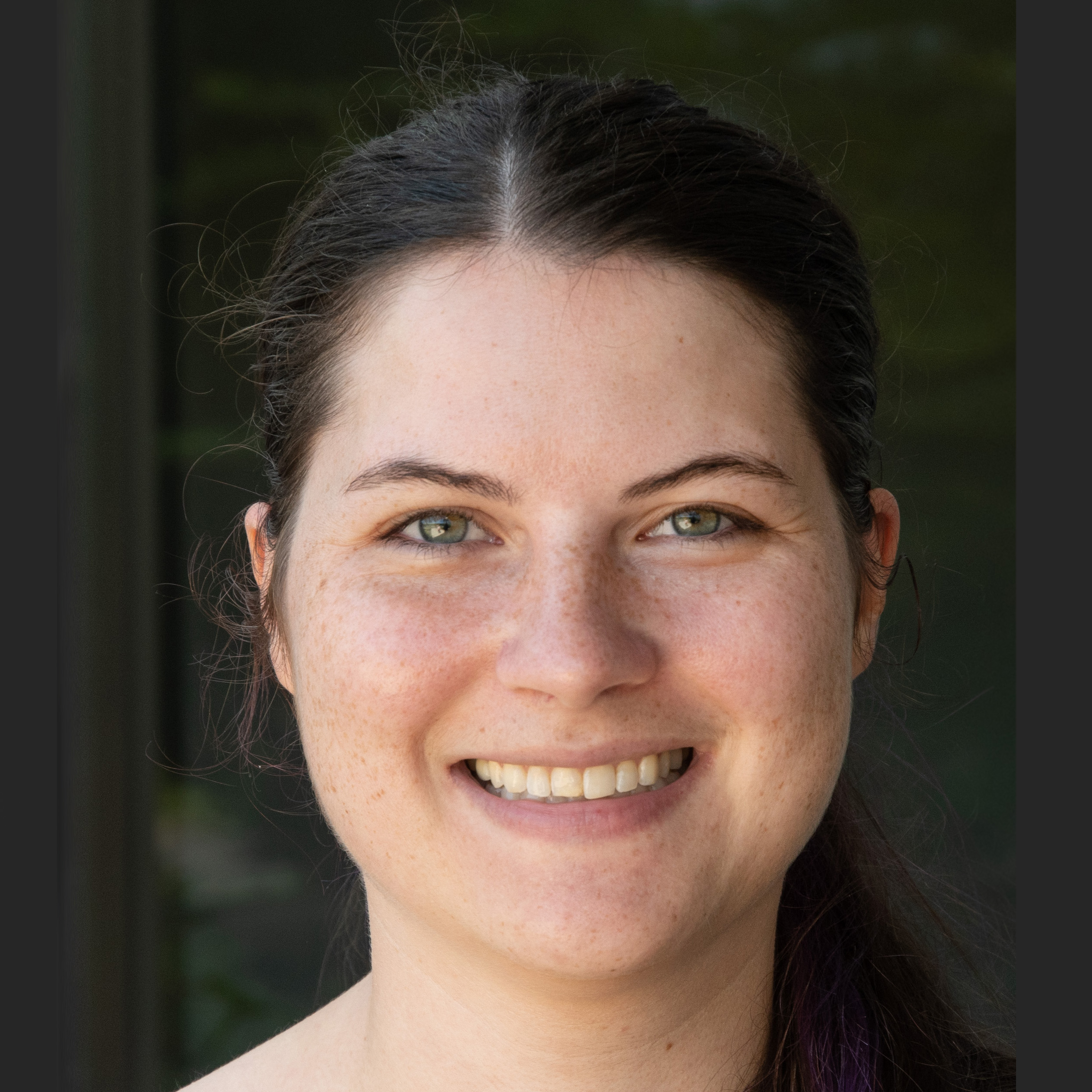Colonial Parking details plan for downtown Dover
DOVER — A sparsely attended meeting hosted by the Downtown Dover Partnership on Tuesday provided information on how the city may tackle its parking problems.

You must be a member to read this story.
Join our family of readers for as little as $5 per month and support local, unbiased journalism.
Already a member? Log in to continue. Otherwise, follow the link below to join.
Please log in to continue |
Colonial Parking details plan for downtown Dover
DOVER — A sparsely attended meeting hosted by the Downtown Dover Partnership on Tuesday provided information on how the city may tackle its parking problems.
The meeting, at the Dover Public Library, gave Colonial Parking the opportunity to detail a management plan that seeks to optimize the currently available parking in the downtown area.
According to Jed Hatfield, president of Colonial Parking, the plan takes into account the results of a survey conducted in April that included 20 questions. Mr. Hatfield said the survey received more than 300 responses.
Prior to the plan's potential implementation, there will be another review of it by the DDP Parking Committee on Oct. 20. The management plan will then be presented to Dover City Council during a Nov. 9 meeting.
Tuesday’s meeting was the final of two; the other was held Aug. 11 with similarly low attendance.
As it stands, the plan will affect 263 on-street parking spaces on six roads — Loockerman, Bradford, State and Reed streets; Governors Avenue; and Kings Highway.
The proposal also applies to 395 off-street parking spaces in lots on Bradford Street, Minor Street, Governors Avenue and Loockerman Street.
As proposed, the hours of operation with parking fees would be from 10 a.m. to 6 p.m. weekdays. Parking will be unattended and free on Saturdays, Sundays and holidays.
Mr. Hatfield said this structure is designed to allow deliveries to downtown businesses in the mornings. It also would allow for residents to park for free in the evenings and overnight, with time in the morning to move their cars or go to work.
On-street parking would cost 25 cents for 15 minutes or $1 an hour (with a two-hour limit).
Multispace meters that could cover as many as eight spots would be installed. These meters would be pay-by-plate and would accept cash or credit cards or interface with parking apps for payment. They also would be solar-powered and compatible with parking enforcement tools.
Off-street parking in the Governors Avenue lot would have some free parking limited to an hour stay.
Other off-street lots would be a $1 an hour or $5 (maximum) daily. Parking passes would be $30 a month.
Monthly passes would consist of a card with a barcode that enforcement staff could scan. Passholders would be able to manage their account online through Colonial Parking’s customer portal.
Lots would be monitored by staff who would turn a “lot full” sign on based on vehicle counts.
Come Oct. 4, there will be a “return to normalcy” of sorts in Dover, with parking resuming to pre-pandemic operations. Parking fees for off-street parking in the Bradford Street, Governors Avenue and Loockerman Way lots will return.
Also beginning that day, parking charges will be collected through the ParkMobile app in a pilot program.
Daily off-street parking fees, at $1 per hour up to $5 for all-day parking, will resume.
In addition, enforcement of monthly permits and ParkMobile payments in the off-street lots will resume.
For on-street parking, the two-hour limit will be enforced again.
Following the presentation Tuesday, Dover City Councilwoman Tricia Arndt asked for a visual representation showing where the meters would be installed. She said she wouldn’t like to see the downtown area become too crowded.
“We have a beautiful downtown — our light poles, our banners, our flowers,” Councilwoman Arndt said. “In my mind, it’s crowded. I’d be curious to see what the spacing is between the meters.”
Michael Harrington Sr. said installing meters would cause chaos among businesses in the downtown area. He said that, in the past, business owners have “fought like cats and dogs” over meters.
“I even refereed a couple of fistfights where merchants parked in front of their store all day long, and then, they’d go out and feed the meter,” Mr. Harrington said.
He suggested installing a parking garage — something the city has considered for at least a decade. The city solicited requests for proposals to build a garage in 2019, but that project was scrapped due to the cost of construction.
Mr. Hatfield said creating a parking district would allow for proceeds from fees to be invested back into improving the downtown area. Those investments could include refurbishing streetscapes, lighting and safety enhancements.
Having a better parking system also could help businesses already established downtown, Mr. Hatfield said, while attracting more to the area.
“That’s really the long-term goal,” he said. “In that process, be able to generate some funds, so that a parking structure doesn’t have to be completely on the back of the city or the taxpayer.”
With an established parking plan, Mr. Hatfield said the city could then move forward with planning and generating more revenue to eventually build a parking garage — if council chooses to do so.

 By
By 



